With various waste and recycling schemes in place across the country, disposing of your waste has become a more complicated task than it was 20, 10 or even five years ago.
However, recycling is crucial for the environment and so it is incredibly important that each and every one of us is aware of exactly how to sort our recycling — both at home and in the workplace.
Until now, you might have just thrown anything into your recycling bin and in any state but, when you do this, you are potentially spoiling entire batches of recycling and could therefore be responsible for it all being sent to landfill instead.
Recyclable materials ending up in landfill is the worst outcome as in landfill they will decompose very slowly in an oxygen-free environment that leads to the creation of methane; a highly flammable greenhouse gas that presents danger to humans and the earth and contributes to climate change.
So, how can you successfully sort your recycling to avoid it ending up in landfill? Follow our tips below.
Separate your recycling
Step one is to separate your recycling into types. The main categories of recycling are:
- Paper and cardboard
- Plastics
- Aluminium
- Glass
Some local authorities and waste management companies collect these items separately and some collect them together in a large recycling bin for ‘mixed recycling’, so you must check this before you begin sorting.
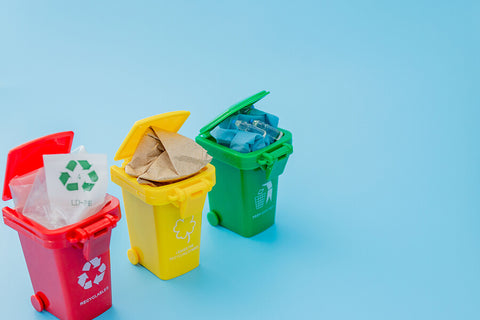
Prepare your recycling
Before you start sorting your recycling, you need to get it ready for the bin. Preparation varies from item to item so here is a quick guide for each waste stream.
Paper and cardboard recycling
Crush cardboard boxes before placing them in your waste container as this gives you more space, enabling you to fit more in the bin.
If your cardboard is dirty, such as a pizza box, wipe off the excess with a damp cloth and leave it to dry before storing it.
Paper can be placed in your paper recycling bin as it is unless it is confidential, in which case it will need to be shredded. If your paper contains staples, you may want to remove those, although most paper mills are able to remove these nowadays.
Some local councils collect shredded paper, some don’t, and some collect it in the garden waste bin instead — so check before you recycle.
Plastic recycling
There are seven types of plastic and not all of them are collected kerbside or by waste management companies, so check which numbers you can recycle with your council or waste management team and look into where and how you can recycle the other types.
The plastic types that are most commonly collected by local councils are 1 (PET), 2 (HDPE), and 4 (LDPE), but this varies across the country.
Wash and dry all of your plastic food and drink containers and then squash them so they take up less room in your recycling bin.
Aluminium recycling
Make sure your aerosols are completely empty before disposing of them, and wash and dry all metal food cans, drinks cans, and foil.
Glass recycling
Wash all glass bottles and let them dry before recycling them. If your local authority doesn’t collect glass at the kerbside, you can collect them up and drop them off at a local bottle bank.
Have you ever wondered how recyclable your weekly food shop is? Find out in this blog article.
If you need some new wheelie bins to sort your waste, you can order recycling bins on our site or reach out to your local council or waste management company.
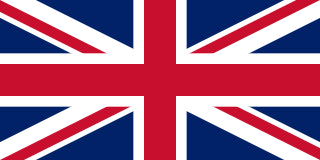




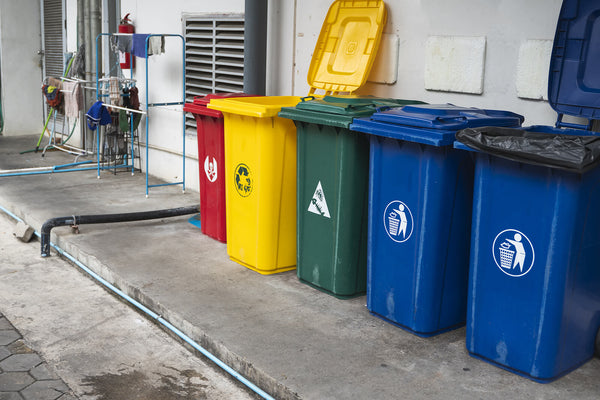
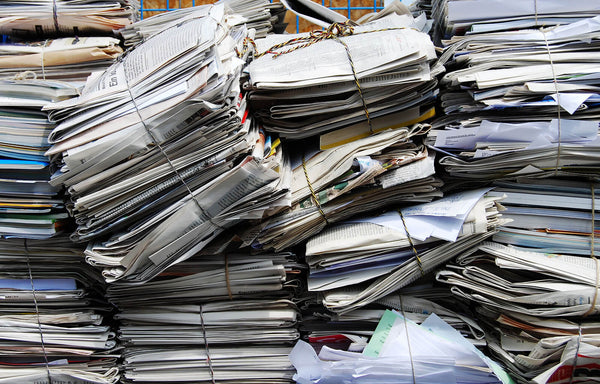
Craig Pryce
With over 17 years of experience in the waste and recycling industry, Craig is passionate about making recycling easier and reducing the negative impact of litter. He has been the managing director of Wheelie Bin Solutions (WBS) since January 2016, and prides the company on his expert knowledge, top-quality products, and customer service. His proudest moment was when WBS supported the 2012 Olympic Games, working in partnership with Contenur UK to supply over 9000 bin containers to all Olympic venues. Craig is always keen to share his knowledge, so whether you need advice about the benefits of a wheelie bin lock, or ideas for alternative uses for your wheelie bin, Craig will ensure your recycling and waste disposal habits are gold medal worthy.